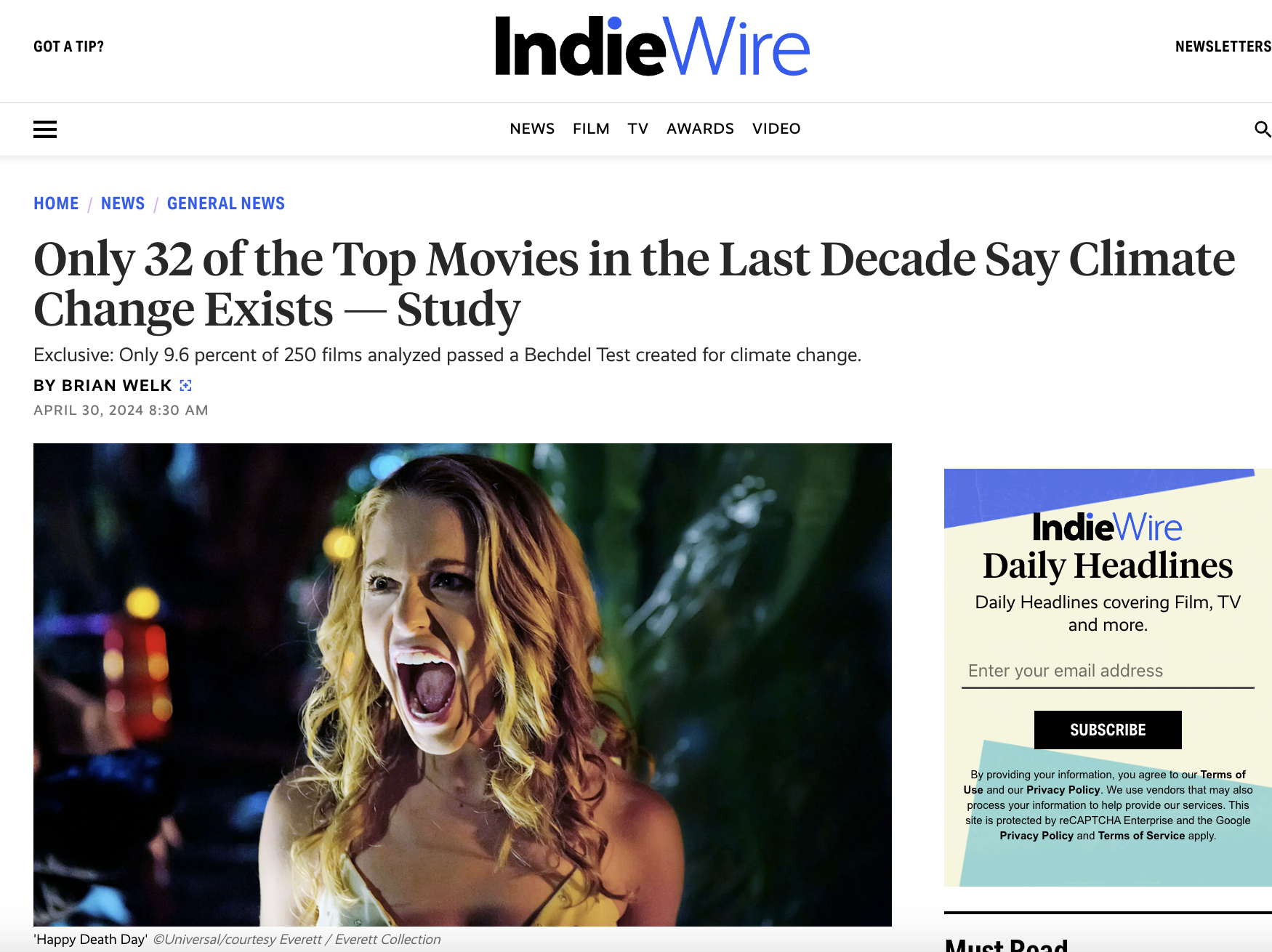Roger Pielke Jr.: Opening Up the Climate Policy Envelope
http://www.thegwpf.com/roger-pielke-jr-opening-up-the-climate-policy-envelope-2/
Fudged assumptions about the future are hampering efforts to deal with climate change in the present. It’s time to get real. Policy action is required to mitigate and adapt to human-caused climate change, but current efforts to develop a global climate policy cannot fly. What the world’s leaders have been able to agree on will not prevent the steady increase in greenhouse gases in the atmosphere and the risks of climate disruption that will result. For an aircraft to fly it must operate within a flight envelope, the combination of conditions such as airspeed, altitude, and flight angle necessary for successful operation. For a specific approach to climate action to succeed, it must operate within a policy envelope, the combination of policy design and political, economic, technological, and other conditions necessary for the approach to be effective. If aircraft designers sought to improve the performance of a poorly designed aircraft not by improving its design, but by rejiggering their claims about aerodynamics, or airfoil design, or jet fuel combustion thermodynamics, to match the aircraft performance they desire, it is obvious that the aircraft would still perform badly. In the case of climate change, policy-makers and climate experts are doing something similar. In the face of ongoing failure to reduce global greenhouse gas emissions, they are rejiggering the way they define the climate change challenge as if that will somehow allow policies that have been failing for over 25 years to become successful. Understanding the unexplored dimensions of a policy envelope can be particularly important in situations of policy failure or gridlock. Sometimes new options are needed in order to break a stalemate, enable political compromise, or create new technological possibilities. The exploration of options can also give confidence that the policies being implemented do not have better alternatives. Thus, an important role for policy analysts, especially in the context of wicked or intractable problems, is to understand the ever-changing dimensions of the policy envelope in a particular context to assess what might be possible in order for progress to be made, perhaps even expanding the scope of available actions. The failure of global climate policies to date suggests that new policy options should be explored—that we may need a significantly expanded policy envelope to begin to make satisfactory progress. But rather than exploring such options, we have instead been protecting the current policy envelope from critical scrutiny. One mechanism of such protection is via scenarios and assumptions that underlie the authoritative policy assessments of the Intergovernmental Panel on Climate Change (IPCC). Full essay The post Roger Pielke Jr.: Opening Up the Climate Policy Envelope appeared first on The Global Warming Policy Forum (GWPF).


